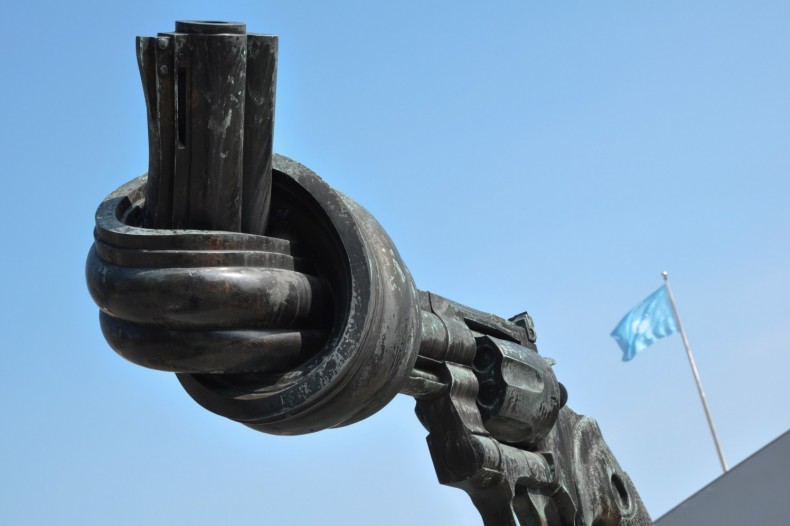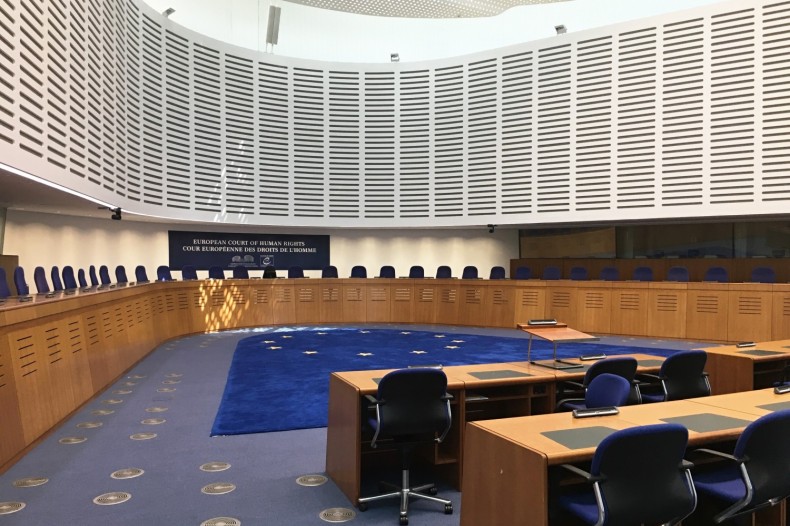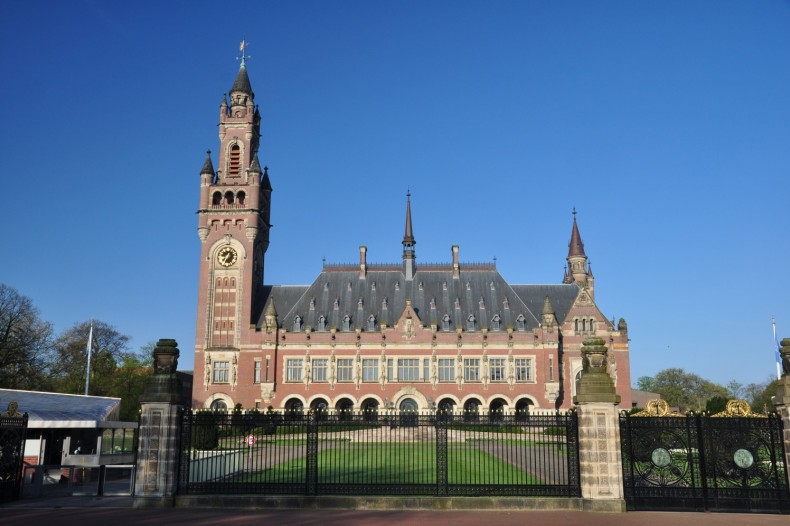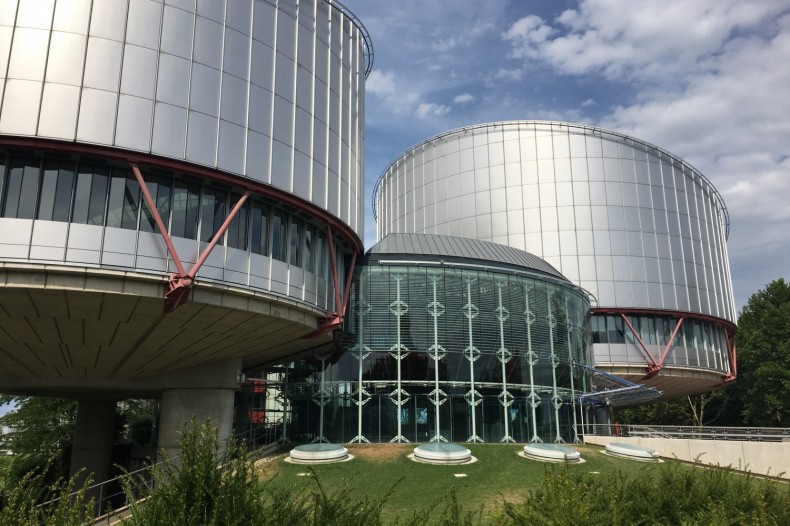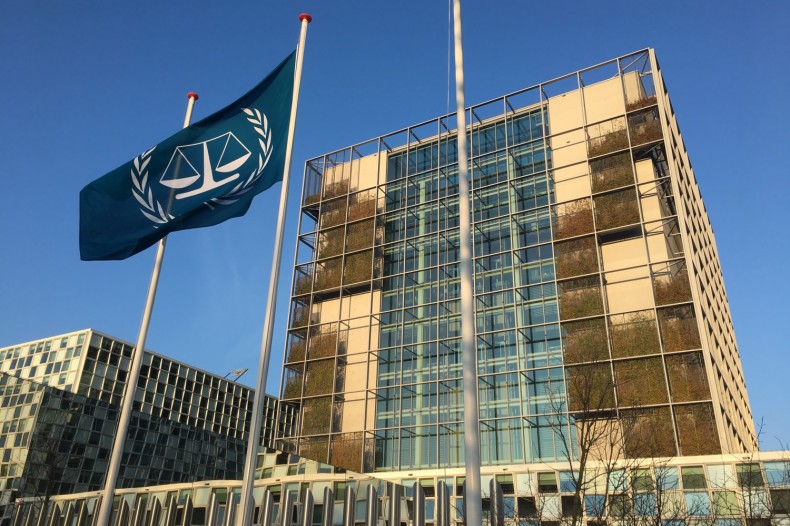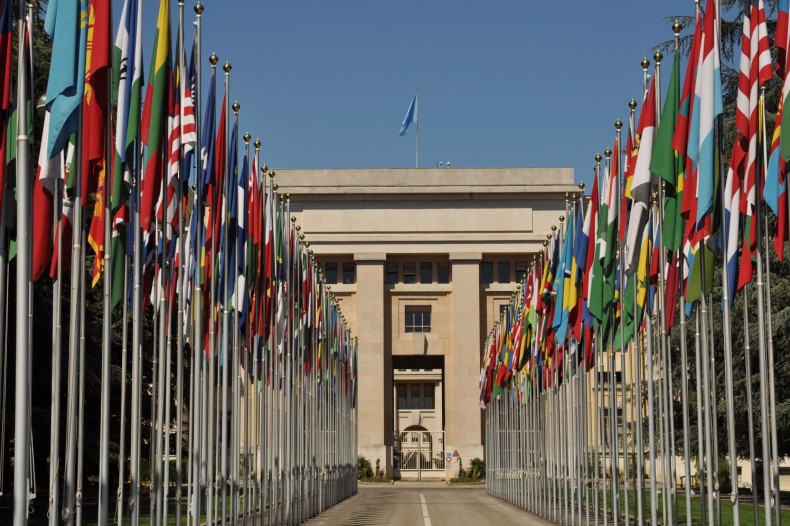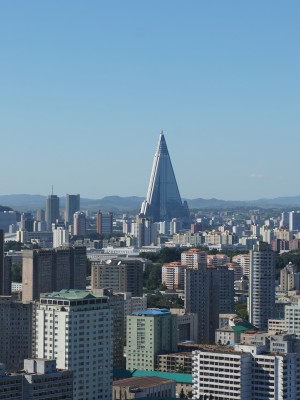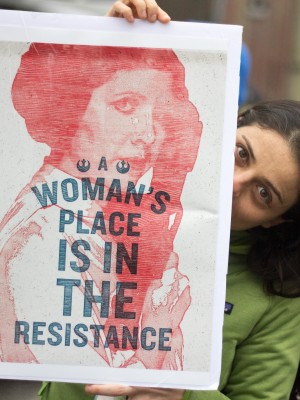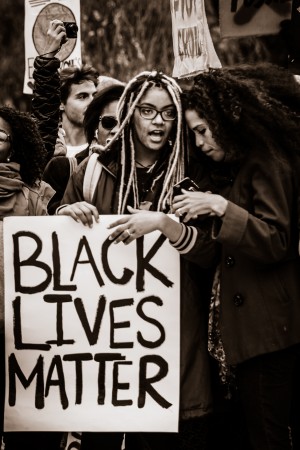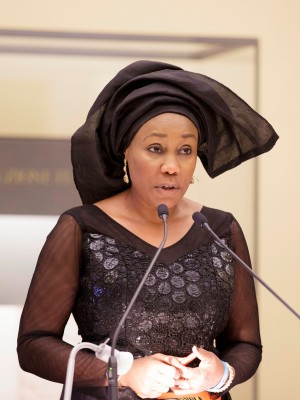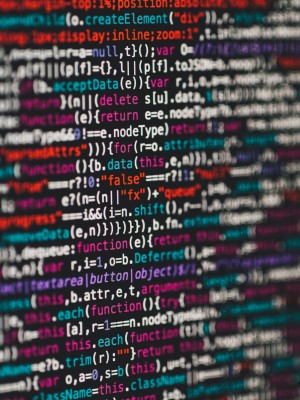Czech Centre for Human Rights and Democracy
The Centre is an independent academic institution monitoring human rights developments both domestically and worldwide, issuing a monthly Bulletin, as well as organizing conferences.
Despite being busy dealing with the coronavirus pandemic, the Korean peninsula may not be as stabilized as it seems. What is the likely scenario of the recent development in North Korea and what should we, and the US in particular, be aware of?
When it comes to North Korea, the most serious security concern is certainly its pursuit of nuclear weapons and long-range missiles. Although nuclear negotiations between the United States and North Korea have been going on for more than thirty-five years, they have not come to a long-lasting agreement.
The international NGO, University Women of Europe, brought a claim before the European Committee of Social Rights that 15 European states have failed to enforce the right to work and the right to fair remuneration by not making any measurable progress in decreasing the gender pay gap. The NGO equally pointed out that only a small number of women occupy decision-making positions within private companies. In reaction to the first collective complaint ever filed against all state parties to the European Social Charter, the Committee declared that 14 states have violated at least one of their obligations.
Gender equality is an idea that the feminist movement has been trying to achieve for centuries. Human rights treaties and their enforcement mechanisms are one of the means of reaching this goal. Non-discrimination clauses and aspiration to the idea of equality can be found in the preamble of the Universal Declaration of Human Rights as well as in Article 14 of the European Convention on Human Rights. There are also specific treaties which were adopted solely for the purpose of combating gender inequality, such as the Convention on the Elimination of All Forms of Discrimination against Women (1979) or the Council of Europe Convention on Preventing and Combating Violence against Women and Domestic Violence (2011).
Some pressing questions regarding the COVID-19 pandemic appeared in the last months. Have the states acted appropriately and reasonably? How did the virus spread? Is it preventable? Were there any successful paths of fighting that we can follow when another pandemic starts to spread? A global commission of inquiry could give us some answers. The World Health Organization has already undertaken steps to investigate the origins of the coronavirus pandemic, including China’s handling of the initial outbreak.
The first stage of the COVID-19 pandemic occurred with every state doing its maximum to protect the people from the spreading disease. Now, after a number of states have started mitigating the measures they had taken, we can see another part of the COVID-19 story unfolding. For all of us, it is the first time we can stop and evaluate the past few months and whether the states acted appropriately.
The United States is currently undergoing changes in its society. However, these changes have been long overdue. Most notably has been a fight to increase police transparency and to better hold police officers accountable for their wrongdoings, leading to an increasing divide between those supporting the protests and those against the protests. Why are the protests occurring and what do they mean for a possible future of the US?
The Start of “Black Lives Matter”
In 2012, George Zimmerman, a captain on a “neighborhood watch” in Sanford, Florida called the authorities with reports of a suspicious person. The authorities clearly informed Zimmerman to stand down, not leave his vehicle and to not approach the person. However, Zimmerman disregarded every single one of these instructions and ended up shooting and killing Trayvon Martin, an unarmed black 17-year-old carrying a bag of skittles and a bottle of juice. Zimmerman was ultimately acquitted of all charges in the case. As of December 4, 2019, Zimmerman filed a $100 million lawsuit against Martin’s parents. The lawsuit accuses prosecutors, Martin’s parents and authorities of witness tampering.
Human trafficking for sexual purposes has become one of the most profitable violations of human rights. There are an estimated 40 million victims of human trafficking, 71% of whom are women. One of the countries with the highest number of victims of sex trafficking is Nigeria. Most Nigerian women leave their homes in hopes of a better future, but in reality become victims of a very organized and sophisticated net of human trafficking and sexual slavery.
The Nigerian wave of immigration to Europe had already begun in the 80s, when mostly women saw a possibility of economic improvement by leaving Africa and moving to Europe. Many of them travelled with false documents and became prostitutes in European cities as finding regular jobs was difficult without legal status in the country. While lying about the reality to their families, many Nigerian families saved and even borrowed money to send other children to Europe as well.
Through constant technological advances, many questions regarding human rights arise. Does artificial intelligence and technology play a role in human rights? If so, does it help to protect human rights or does technology infringe upon them in certain ways?
Artificial Intelligence (AI) is “the capability of a machine to imitate intelligent human behavior.” This can include many forms of technology, including security camera services, computers, phones, etc. On the one hand technology leads to economic growth and new discoveries, however, it is important to also recognize that technological advances have the ability to lead to increased access to personal information of most people in society. For example, the Australian Human Rights Commission fears that both the government and the public in general are behind the speed of technological development; in other words, neither recognizes the full force of technology.
Justice reforms in Poland have now been criticized for several years by Polish lawyers as well as the EU. Disciplinary punishment of judges will now be handled by a special Disciplinary Panel after the latest amendment. What was the reaction of the EU and what will follow?
Since 2015, Poland has been adopting major reforms, reshaping the foundations of its judicial system. Many of these came into force while both the laic and expert public demonstrated their discontent with these changes of the Polish justice system.

